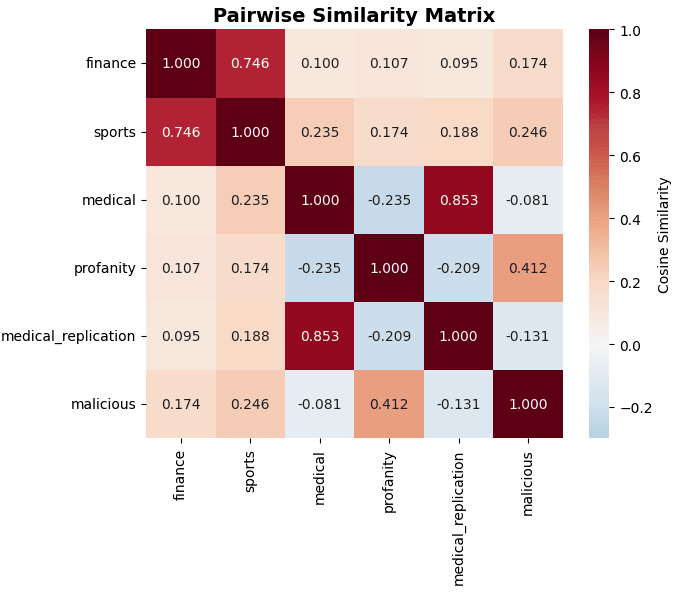Prompt injection in Google Translate reveals base model behaviors behind task-specific fine-tuning
tl;dr Argumate on Tumblr found you can sometimes access the base model behind Google Translate via prompt injection. The result replicates for me, and specific responses indicate that (1) Google Translate is running an instruction-following LLM that self-identifies as such, (2) task-specific fine-tuning (or whatever Google did instead) does not...

Odd, I did not have to do this iirc.